Prostatitis is a common urological disease characterized by the presence of inflammatory changes in the prostate gland as a result of the influence of damaging factors (infectious, vocational and others). The standard treatment regimen for prostatitis depends on the form, course and pathogen of the disease.
Prostatitis therapy depending on the type
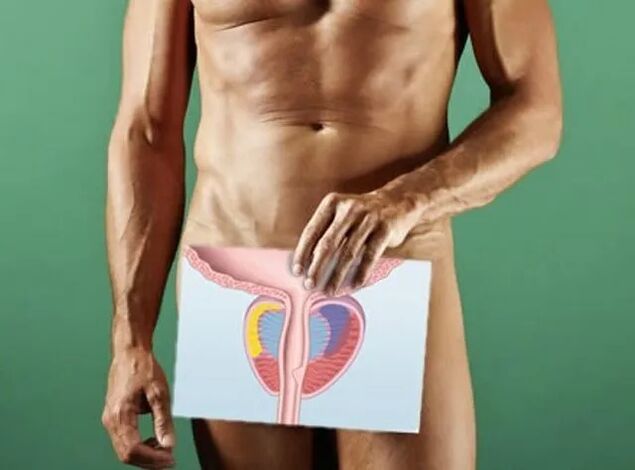
The disease has a polyetiological nature, but the main factor of appearance is infectious. Therefore, the task of urology is the search for rational methods of etiotropic therapy and the fight against infection.
Treatment for bacterial prostatitis includes antibiotic therapy. The drug is prescribed after laboratory diagnosis to determine the pathogen and sensitivity to antibiotics.
According to the results of statistical studies in the treatment of the disease, drugs from the group of fluoroquinolones, cephalosporins and tetracyclines turn out to be the most effective.
In the treatment of prostatitis caused by herpes, HPV or cytomegalovirus, antiviral drugs are used. Prostatitis of fungal etiology is treated with antifungal agents.
Since many factors influence the occurrence of prostatitis, therapy is often complex and includes general lifestyle adjustments, aimed at increasing immunity and improving blood circulation in the pelvic organs.
The list of events includes:
- dietary nutrition (for the prevention of constipation);
- regular physical and sexual activity;
- vitamin therapy;
- proper sleep and wake patterns.
If prostatitis is caused by a violation of the pelvic blood supply, regular physical activity, massage and physiotherapy exercises (squats, lunges, walking, running) are shown to eliminate congestion. In the presence of sources of latent infection (caries, sinusitis, tonsillitis), sanitation of pathological foci is necessary.
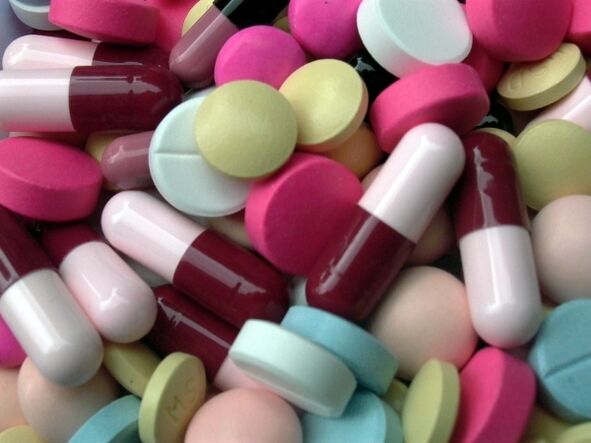
therapy regimens
The symptoms of chronic and acute forms of prostatitis are similar, but the drug exposure schedules are different. This is due to the fact that in the acute form, treatment is aimed at fighting infection and stopping unpleasant symptoms, and the chronic form of the disease needs physiotherapeutic methods of exposure.
List of drugs in the acute stage of prostatitis:
- NSAIDs - eliminate discomfort and inhibit the development of the inflammatory process in the gland.
- antibioticsinfluence the causative agent of the disease. The most used are protected penicillins, macrolides, cephalosporins, fluoroquinolones.
- Antispasmodics. They are used to eliminate pain in the gland, improve the outflow of secretions, relax the vascular walls and improve microcirculation.
- Alpha blockers. Improve outflow during acute urinary retention by relaxing the smooth muscles of the urethra and bladder neck. It relieves inflammation in the body and reduces swelling.
- Phytotherapeutic agents. They are an auxiliary healing agent of natural origin. It gently affects the prostate gland, reducing the inflammation of the organ.
Important! In the acute stage of prostatitis, physiotherapeutic measures are contraindicated.
Physical therapy will help spread the infection and aggravate the inflammation.
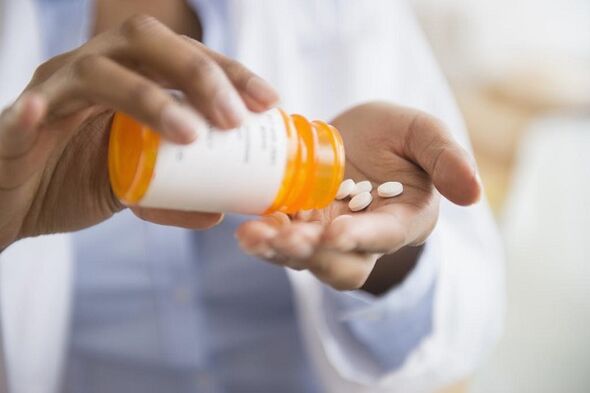
The chronic form of prostatitis, on the contrary, is treated mainly with physiotherapeutic methods:
- Laser therapy.
- Phonophoresis (a combination of ultrasound and a drug).
- Electrophoresis.
- Microwave exposure.
Apply one or several treatment methods at the same time. Surgical intervention (endoscopic method) is used only in the chronic form, complicated by the sclerotic process and congestion in the gland. The operation can significantly improve the patient's quality of life, restore lost functions.
Principles of treatment of acute prostatitis.
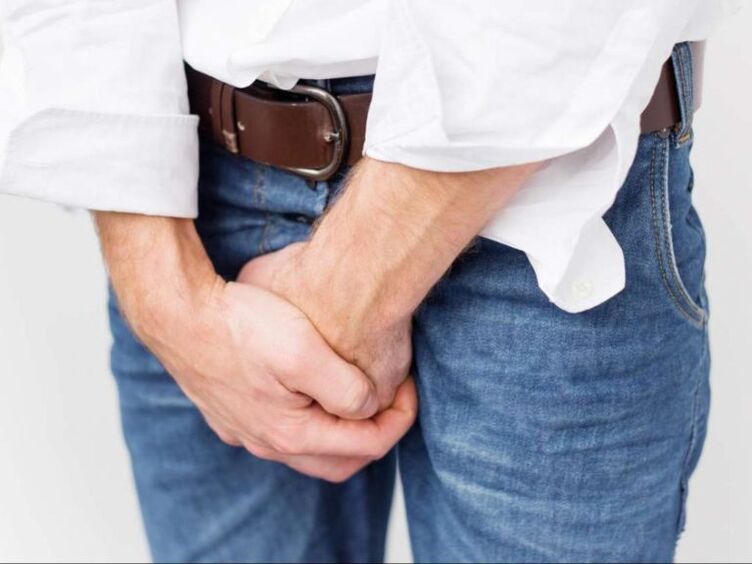
Urogenital infections are almost always the cause of acute prostatitis. It can be both non-specific (caused by conditionally pathogenic microorganisms) and venereal infections (gardnerellosis, chlamydia, gonorrhea, trichomoniasis, etc. ).
In the first case, the pathogenic microflora penetrates via the lymphogenic or hematogenous route from the intestines or urinary tract to the prostate and causes inflammation there.
In the second case, the pathogen is transmitted from an infected sexual partner.
The method of treating acute prostatitis depends on the type of pathogen and always includes antibiotics. After a thorough examination, the doctor identifies the pathogen and prescribes the appropriate remedy.
In case of protozoal infection (trichomoniasis), a drug from the group of nitroimidazoles is usually prescribed. Treatment of intracellular chlamydial infection is with macrolide antibiotics.
Alternative agents are some other macrolides, fluoroquinolones, and a tetracycline antibiotic.
Treatment of gonorrheal lesions includes penicillin and cephalosporin antibiotics and vaccine therapy. Inflammation of the gland caused by gardnerella requires the use of antibiotics (macrolides, lincosamide, as well as a drug from the group of nitroimidazoles and their analogues are prescribed).
In the treatment of acute prostatitis caused by nonspecific microbial flora, a standard drug regimen is used, which also includes antibiotics.
The standard treatment regimen for prostatitis involves the following measures:
- Bed rest in acute form, massage and exercise therapy in the chronic stage of the disease.
- Diet food.
- Antibiotics to suppress the microbial flora that causes inflammation in the prostate gland.
- NSAIDs are used as a symptomatic remedy for pain and to combat inflammation.
- bioregulatory peptides. These are products of the prostate gland of cattle. Stimulate regeneration processes in the gland.
- Antispasmodics.
- Muscle relaxants are used to relax the bladder, urethra, and perineal muscles.
- Means that improve blood circulation and the rheological properties of blood that eliminate congestion (for example, a drug that improves microcirculation in the gland by blocking receptors located on the wall of blood vessels).
- hormonal agents.

Depending on the course and characteristics of prostatitis, other measures (ultrasound, autohemotransfusion, rectal administration of drugs) can be added to the scheme.
To quickly stop the symptoms of prostatitis, intravenous infusions are used.
Such treatment is carried out in a hospital setting. To stimulate the immune system, tissue preparations, anabolics, are prescribed.
Treatment of acute bacterial prostatitis
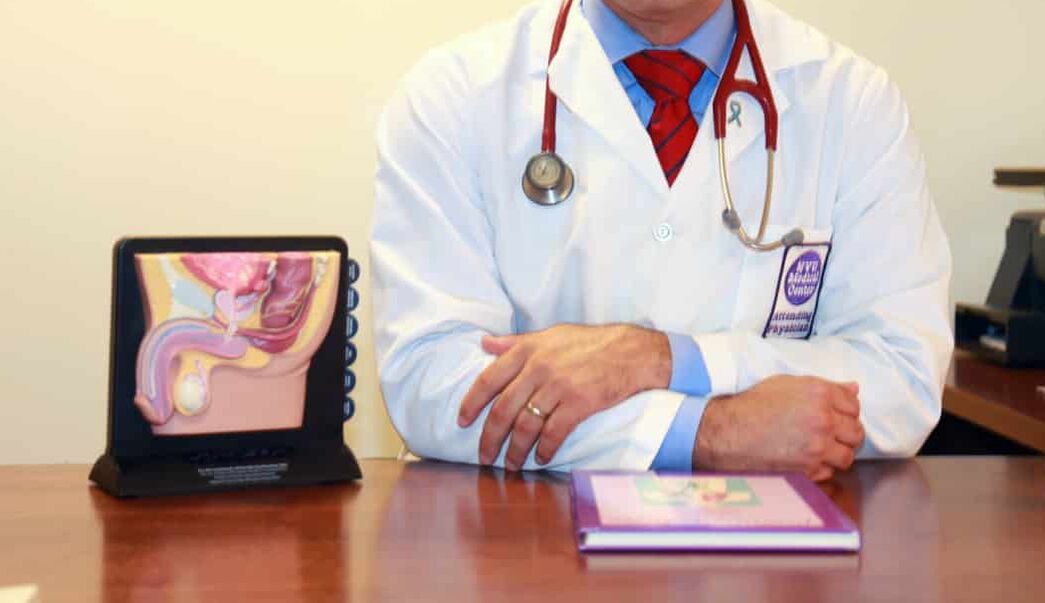
Antibacterial treatment is indicated in the acute form of the disease caused by infection. But in some cases, it is also prescribed for chronic prostatitis of nonbacterial etiology, as an additional measure of influence on possible latent infections. Preference is given to means of a broad antibacterial spectrum.
The course of treatment is from 2 weeks to a month. If there is a good dynamic of improvement in the condition, then the treatment can be extended up to 2 months.
The groups of antibiotics most used for the treatment of bacterial prostatitis are:
- protected penicillins. Medicines are prescribed orally 1 g 2 times a day. It is important to take the drug regularly at the same time with an interval of 12 hours. The course of drug exposure varies from a week to 10 days. Penicillins are generally used until the results of laboratory tests are obtained.
- 2nd generation fluoroquinolones, 200 mg 2 times a day for 1-2 weeks.
- Fluoroquinolones 3 generations 0. 5 g once/day for 5 days.
- 3rd generation cephalosporins. Assign the drug in / m or / in 1 g 2 times or 2 g 1 time per day for 7-10 days.
- 4th generation cephalosporins 2 g daily intravenously or intramuscularly for 5-7 days.
- aminoglycosides. Enter 1. 0 g/m 1 time/day for 5-7 days.
- macrolides. Non-toxic, does not adversely affect the intestinal microflora. Assign orally 500 mg 1-2 times a day. The remedy must be taken for at least 5-14 days.
When taking antibiotics for prostatitis, patients are not recommended to independently reduce the dose and time of treatment. The entire course is at least two weeks.
Allergic patients should inform the doctor about the existing intolerance to certain drugs before starting treatment. It is possible that in case of violation of the functions of the liver or kidneys, the specialist will have to make adjustments to the treatment regimen or the dosage of drugs, therefore it is important to warn in advance.
The scheme of treatment of acute viral prostatitis.

Virological diagnostic methods are not included in the examination protocol, so the diagnosis of "viral prostatitis" is usually rarely made by urologists. Herpes infection and HPV are sexually transmitted.
The genital herpes virus enters the body of a man and multiplies, after which it reaches the lymph nodes, from where it spreads through the internal organs by hematogenous and lymphogenic routes.
After drug exposure, the virus persists in spinal or cranial ganglia and recurs periodically. An exacerbation usually occurs after hypothermia or a decrease in immunity.
The culprits of this type of prostatitis are the herpes virus, cytomegalovirus, HPV and influenza. The causative agent can penetrate not only the prostate, but also other organs located nearby, for example, the bladder, urethra, testicles, rectum, causing severe damage when immunity is reduced.
The causative agent of viral prostatitis can be identified by laboratory tests. In men, genital herpes appears as blisters and sores located in the groin, scrotum, perineum, or urethra. Basically, the disease proceeds with severe itching and burning, but there is also an asymptomatic course.
Treatment for viral inflammation of the prostate includes:
- Take antiviral medications. They are effective in treating herpes and HPV. The mechanism of its action is based on the suppression of the appearance of new generations of the virus. The specific treatment is carried out for 5 days with the maximum therapeutic dose on the first day.
- Reception of immunomodulators.
- To normalize urination, alpha-blockers are prescribed, which relieve the tension of smooth muscles and facilitate the outflow of urine.
With the defeat of HPV or warts, it is sometimes necessary to remove the growths using electrocoagulation, laser or liquid nitrogen. The procedure takes place in a hospital.
The scheme of treatment of acute fungal prostatitis.
Long-term use of antibiotics leads to the emergence of new varieties of microorganisms that are resistant to many antibacterial agents. The increase in the number of patients with fungal prostatitis is caused by the uncontrolled use of antibiotics and the gradual addiction to them.
With a decrease in immunity, the fungus of the genus Candida begins to actively multiply in the body, causing candidiasis.
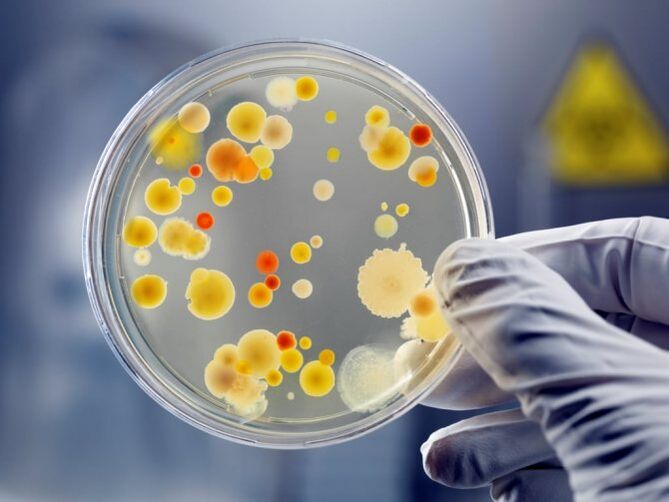
In the treatment of Candida prostatitis apply:
- Antifungals. Drugs are sometimes combined in different ratios.
- Probiotics containing bifido and lactobacilli. They inhibit the growth of pathogenic flora.
- Immunomodulatory agents that increase the body's defenses.
Important!The nutrition of patients with fungal infection of the prostate should include foods with probiotics.
These are kefir, yogurts, acidophilic milk. In addition, it is necessary to limit the use of sweets, pastries, fresh milk, fruits and juices.
conclusion
It must be remembered that only a specialist urologist can choose a course of drugs for prostatitis. Self-medication will slow down the healing process and, in the worst case, can harm the body, cause severe allergic reactions and help the body adapt to certain antibiotics, so these drugs will no longer have a therapeutic effect.



















